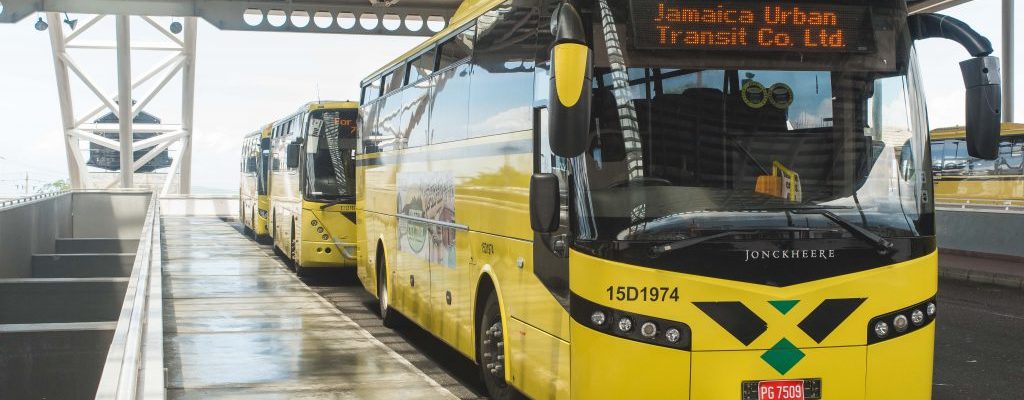

Transport is essential to the efficient working of the economy, bringing together the inputs used in the production of goods and services and getting outputs from the production process to customers. Developing an understanding of the transport and transport-related challenges to growing the Jamaican economy is an important first step in improving productivity and competitiveness.
Currently, transportation accounts for, on average, less than 0.1 per cent of the total GDP of Jamaica. That’s woefully short of the on-average six per cent that transport adds to the GDP of developed countries.
Reduced transport costs mean that businesses can:- (a) Connect with potential suppliers, enabling them to access higher-quality and/or lower-cost inputs, (b) Connect with potential customers, enabling them to supply markets further afield and (c) Connect with a wider pool of talent in the labour market, allowing skills to be better matched to employment opportunities.
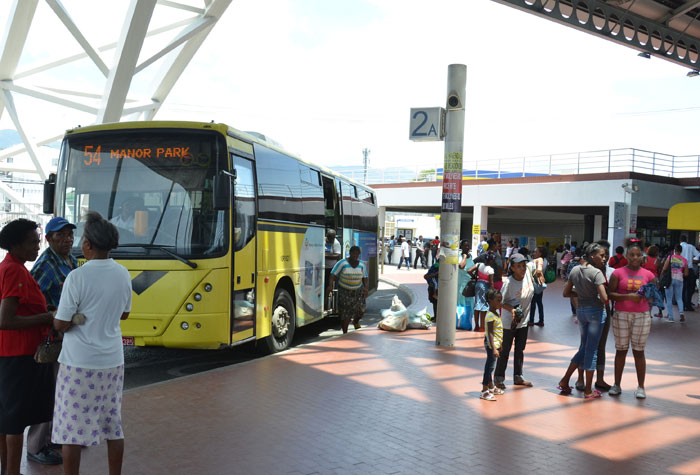
Reduced transport costs mean that individuals can:- (a) Participate in the labour market, (b) Access a wider range of jobs, increasing the chances that they can find a position that provides a better match for their skills and (c) Connect with leisure and retail opportunities, allowing commuters to access a wider range of products or reach similar products at cheaper prices and helping to increase the competitiveness of local businesses.
So, why do we have gridlock and mayhem every afternoon going into the evening in the main arteries in the Corporate Area in Kingston, Jamaica?
THE WILD AND OUT-OF-CONTROL ROBOTS THAT IMPACT THE JAMAICAN ECONOMY
While the ‘robots’, a Jamaican term for an illegal taxi, add marginally to the Jamaican economy by moving labour to workplaces, they hinder the economy from growing at a much larger scale and pace. If we had the Jamaica Urban Transit Company (JUTC), owned by the people of Jamaica, only plying the main transport routes, this would allow for more revenue and more taxes. The illegal robots do not pay taxes and they undercut the revenue of the GOJ by taking away commuters from the JUTC buses.

The robots also add to crime as they are unregistered and commuters are many times victims to the various criminal acts perpetrated by the drivers and their co-conspirators of these robots. Commuters want to get to their workplaces at the times they are supposed to clock in for work so they weigh the risk against the benefit in taking a robot and in too many instances take the robots.
The most popular reason given by these commuters for taking such risks with their lives is that the JUTC buses don’t operate according to a schedule, are irregular in plying the main transportation routes and are many times just missing in action. So, it’s easy to understand why these robots thrive despite lukewarm half-baked measures to control them. The hapless commuters are at the mercy of the robots.
The robot taxi drivers constantly commit every traffic violation and the Public Safety and Traffic Enforcement Branch (PSTEB) is clearly woefully unequal to doing their job. I observe daily the traffic cops just watch like me motorists break red lights, stop anywhere along the yellow lines and overtake recklessly at will who really are totally useless. They are having little if any impact on controlling the traffic mayhem and gridlock in the Corporate Area. Scrap them and rely strictly on CCTV. I have already written an article on ‘Controlling the traffic mayhem in Jamaica’ which offers solutions to using CCTV in traffic management.
GETTING COMMUTERS TO WORK ON TIME, IN A DECENT MODE OF TRANSPORTATION
To encourage economic growth, the GOJ needs to invest far greater in logistics infrastructure – such as roads, railways, airports and ports. Additionally, the GOJ needs state investment to be considerate of the environment and protect citizens’ rights for clean air and decent modes of transportation as well as guaranteeing fundamental human rights and equalities. Businesses are not interested in these issues because there is no profit incentive.
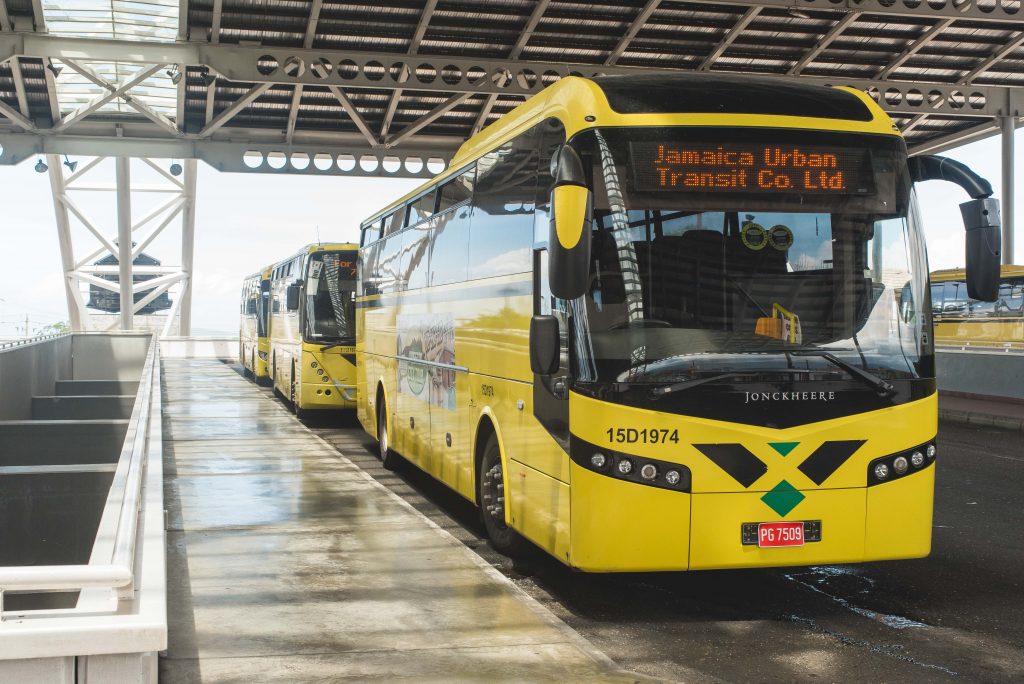
The first, and most common mode of transportation in logistics, is road. With the continued improvement of vehicles there must be commensurate improvement in road infrastructure as transportation by road is the most versatile of the four main modes with the least geographical constraints. We need to widen all the main roads at a faster rate to keep apace with the vehicular traffic in the corporate area.
The vast majority of railway infrastructure across the world connects highly populated areas with main city centres. Within the confines of the railway system, the rail vehicle is not influenced by traffic, points of diversion, and switch offs between modes. This makes the rail the most dependable mode for making long hauls across land with minimal damage. We need to construct a modern rail line between Montego Bay and Kingston. The railway can take goods that are invariably more expensive to transport by trucks. It costs Jamaicans oil money to run trucks. Why not use renewable diesel and biodiesel blends to power trains?. Both renewable diesel and biodiesel are made from renewable energy sources and don’t rely on fossil fuels.
We need a monorail above the road infrastructure from Portmore to Kingston. As the soon-to-be newest parish in Jamaica and with thousands of Jamaicans commuting daily from Potmore to downtown Kingston, a monorail would be ideal to move the commuters from the two city centres. This would reduce the gridlock in the afternoons and evenings, adding to the country’s efficiency and, ultimately, the country’s GDP.
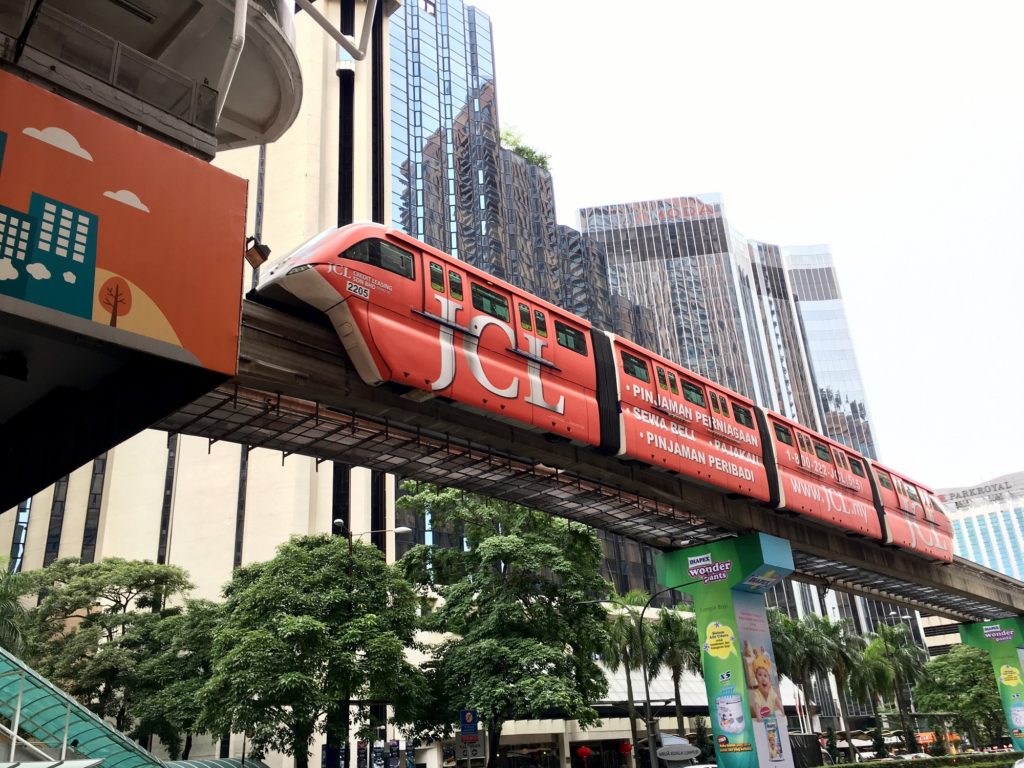
When transport systems are efficient, they provide economic and social opportunities and benefits that result in positive multiplier effects such as better accessibility to markets, employment, and additional investments.
The GOJ needs to overhaul the transport system now and it can take years to do so but it must start today so we can get transportation to add at least one per cent to the overall GDP if we are to be competitive and have Jamaicans travel safely, on proper transport schedules and in decency.
– Kent Gammon is an attorney-at-law and this article is republished from his blog which can be found here.



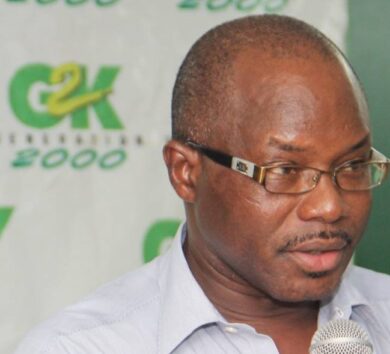
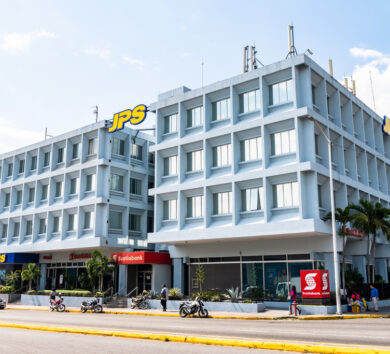

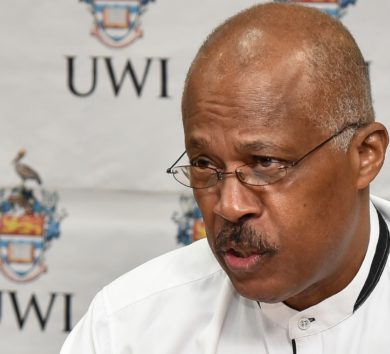
Comments